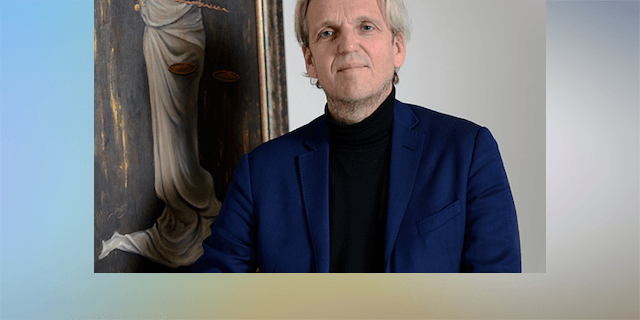
A bill is currently being discussed in the House of Representatives regarding major changes to the Penitentiary Principles Act. One of the proposed measures is video surveillance during conversations between the detainee and his lawyers. During the discussion in the House of Representatives, it became apparent that the proposed changes do not go far enough for some MPs.
There is now an amendment that should make “auditory surveillance” of conversations between lawyer and client possible, i.e. eavesdropping. The proposal simply involves recording all conversations between lawyer and detainee.
Eavesdropping and recording should still relate to conversations between lawyers and clients that fall under the strictest supervision regime, such as the EBI. The question, however, is whether this authority, if adopted and introduced, will be limited to this group in the future. The past has shown that with every new authority people push the boundaries and strive for expansion. The proposal to eavesdrop on lawyers during their visits to clients and to record and store their conversations for a period of no less than 5 years has attracted strong criticism from several directions.
For example, the Dutch Bar Association writes in an advice to the House of Representatives that the amendment is contrary to higher law and regulations and is contrary to human rights:
The confidentiality of lawyer-client contact is protected by laws and treaties, including Articles 6 and 8 of the European Convention on Human Rights (ECHR) and Article 4 of the EU Directive on the right to access to a lawyer in criminal proceedings. Detainees have the right to confidential communication with their lawyer, also in a detention situation. This is a fundamental right related to the right to effective assistance and a fair trial on which the European Court of Human Rights (ECHR) has regularly ruled. If a lawyer cannot communicate confidentially with his or her client, effective assistance cannot be provided and the state is acting in violation of laws and treaties.
Parliament, as co-legislator, must ensure that legislation contributes to society. Article 94 of the Constitution also stipulates that legal regulations applicable within the Kingdom are not applicable if they are not compatible with provisions of treaties and decisions of international law organizations that are binding on everyone. It is clear in advance that the present bill conflicts with higher law in some parts. For that reason, the House should not agree to the proposal in its current form.
Clear language. The legislator may not agree to a change in the law that clearly conflicts with the right to confidential communication with a lawyer. After all, this is a fundamental right that affects effective assistance and the right to a fair trial.
Imagine that every conversation with your lawyer is recorded and can be listened to. Can you still talk freely? Do you dare to say or discuss anything about the role of others in a case?
If it gets to the point in the Netherlands that it is no longer possible to speak confidentially with a lawyer, the end of our rule of law will soon be in sight and we will slide back to a system that we know from countries where our government has always been strongly critical of.
Perhaps it is time for our legislature to take a good look in the mirror of the rule of law before we descend into a country where human rights are being violated.
Arthur van der Biezen is a criminal lawyer




